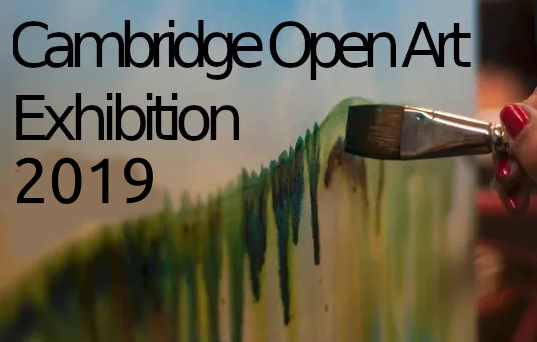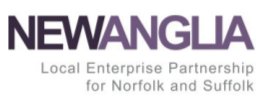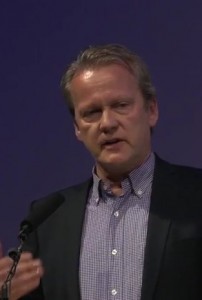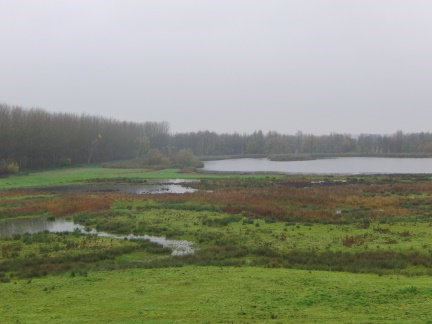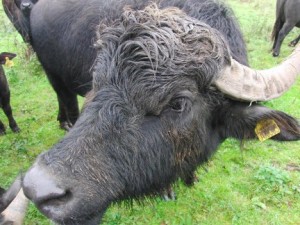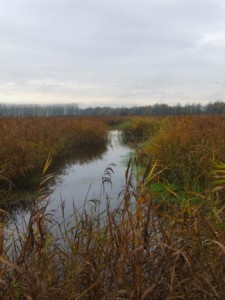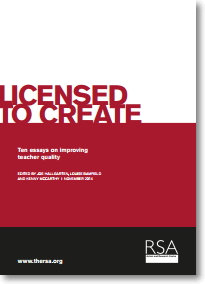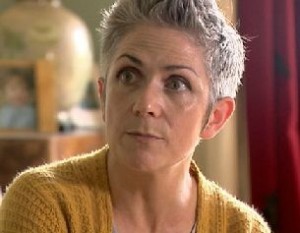A featured article from our current archive:
Writing in The Guardian in late 2014 the author Rupert Wallis was minded to tell us that ‘…more and more not-so- young adults are reading YA fiction’ – which he declared was no bad thing. He went on…
‘The power of YA fiction to generate an emotional resonance around death should not be underestimated in UK society, where young adults spend a lot of time immersed in the artificial realities of cyberspace and gaming’.
Source: The Guardian, 18th August 2014.

Lynda Haddock, in her first novel, has wonderfully underscored the sentiment with her first novel Ellen Lives On. The book features the journey, the exploration of a new life and the acquisition of a new set of values, by the teenager Ellen.
For Ellen the journey is mapped from the suicide of her mother, an emergent rally to the cause of education and her exodus to the Metropolis in search new friends, political engagement and the forming of a new identity for herself.
‘One way of tackling the difficult questions raised by death is to feel connected to one another in addressing them, to feel human together…’ writes Wallis in his article. Indeed, the sensitively written, clear narrative from Lynda Haddock stirs up the emotions and will clearly illuminate a shared experience for teenagers suffering loss.
Buy this book, with free shipping here…
The new novel was enjoyed by the Books go Walkabout team in our office. Sue Martin, writing for our new season book list opined…
”A desperately moving novel about a young girl whose life changes forever when she returns home to find that her mother has committed suicide.
Ellen, a scholarship girl at a local grammar school in the 1970’s, finds that life is uncomfortable and fraught as soon as you are no longer the ‘norm’ pupil, let alone the trauma of discovering that she is alone in the world. Alone, that is, apart from her Grandfather, who is elderly and lives a long way from Ellen.
Taken in by her aunt and uncle, Ellen finds the welcome is short lived and that she is a burden to the family, simply used as the girl in the house to do all the chores. Her uncle tells her the sooner she finishes school and starts a job the sooner she can pay for her living.
After a series of heart-wrenching problems with friends, teachers and those who were meant to be supporting her, Ellen goes on the run. She finds friendship with people in a squat, her grandfather is taken into hospital and she abandons any hope of a career with prospects.
Eventually Social Services find Ellen and her life starts to rebuild, but never back to where it was and with very little hope of the future that had been planned.
A moving and poignant story for Young Adults and a thought provoking debut novel for Lynda Haddock.”
It is also, in its way, a primer for adults, the ‘not so young’ in Wallis’s narrative, to recognise the strains and pains of a teenager going through this crisis, such is the insight afforded the reader of any age by Lynda Haddock’s writing.
Lynda Haddock’s work joins a solid tradition of novels that seek to offer reflection and a way forward in the face of death and loss. From The Fault in Our Stars by John Green to Jacqueline Wilson’s Vicky Angel – the Haddock narrative deals with death, yes, but also in the exploration of self, equality and values – all of which are significant markers for young adults as they march forward into the 21st Century.
For Wallis ‘…the true significance of death in YA is that authors are reflecting back what they see everyday; namely, that death is ominously prevalent these days, whether in fiction or a national news broadcast or the obituary columns‘.
This is certainly true of the author Lynda Haddock, whose professional life before her novel encompassed education and the specialist support of children experiencing difficulty in their lives. The storytelling resonates with it.
The experience tellingly shows in the novel Ellen Lives On, and we hope it might become a staple of your library of resources – tendering a way into loss and bereavement that will be recognised by any teenager, whatever their culture, age or background.
Editor’s Note:
We would commend Lynda Haddock’s publisher to note that the YA Book Prize for 2019 is now open for nominations.
![]() You can discover the latest updates to the YA Book Prize here.
You can discover the latest updates to the YA Book Prize here.
![]() Publishers can find the YA Book Prize terms and conditions and how to apply details here.
Publishers can find the YA Book Prize terms and conditions and how to apply details here.
We loved this book, buy a copy and explore challenging and stirring landscapes of the teenage mind.
The conversationsEAST team.
![]() Our team also deliver international author and illustrator visits and exchanges through our Books go Walkabout project. Find out more here…
Our team also deliver international author and illustrator visits and exchanges through our Books go Walkabout project. Find out more here…
![]() You can also discover reviews and features for younger readers on Book Monitor, our BgW review pages. See more here...
You can also discover reviews and features for younger readers on Book Monitor, our BgW review pages. See more here...

